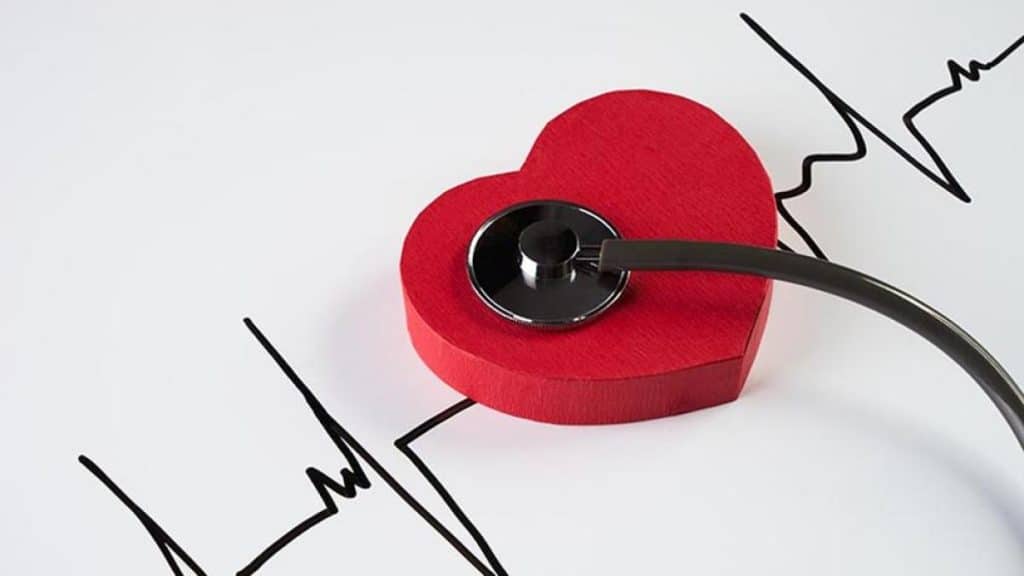Irregular heart rhythms may be considered as a skipped beat, a flutter that appears out of nowhere, or a racing heart that feels like it’s going to burst. It might be for some seconds, but the sensations are quite enough to raise serious queries about the health of one’s heart. Arrhythmias is any departure from the regular rhythm of the heart—can be harmless hiccups or life-threatening crises, and it’s highly important to tell the difference. This guide describes what arrhythmias are, why they happen, and—most crucially—how to identify the instant when professional assistance of heart specialist in Gurgaon becomes non-negotiable.
What Exactly is An Arrhythmia?
A healthy adult heart will beat 60–100 times per minute at a consistent lub dub rhythm. That’s regulated by electrical signals that travel down specialized conduction pathways. An arrhythmia is when those signals go awry: they may fire from the wrong chamber, fire too fast or too slow, or move in a wrong direction.
Arrhythmias are primarily categorized under four classes:
• Tachycardia – Greater than normal rhythm (above 100 bpm).
• Bradycardia – Below normal rate (less than 60 bpm).
• Abnormal beats, for instance, atrial fibrillation, in which irregular impulses cause the atria to quiver.
• Preterm contractions that add extra beats prematurely.
Some last for milliseconds and do no harm. Others go on, disrupt the heart’s ability to pump oxygen-rich blood, and can lead to stroke, heart failure, or sudden death.
Typical Offenders for Erratic Beats
Arrhythmias are symptoms and not a specific disease. Lifestyle also plays a role—caffeine or alcohol overindulgence, recreational drug use, excessive stress, and overdoing endurance exercise. So-called “benign” premature ventricular contractions are seen in the majority of young adults with no structural cardiac disease, often induced by dehydration or stress. Even though usually benign, professional evaluation assures that nothing more malignant is in store.
Red Flag Symptoms You Cannot Ignore
As some arrhythmias are not symptomatic, regular check-ups are still worth it. When they do occur, they can include:
• Palpitations—a racing, pounding, or fluttering heart
• Dizziness or light headedness, sometimes leading to fainting (syncope)
• Breathlessness or rapid tiredness while engaging in regular activities
• Chest pain or pressure unrelated to exertion
• Weakness, numbness, or confusion—potential signs of reduced blood flow to the brain
If any of them occur—especially if they occur simultaneously or on exertion—immediate medical evaluation is the best option.
How Doctors Diagnose the Issue
Diagnosis begins with a comprehensive history and physical, with targeted testing. An electrocardiogram (ECG) records electrical activity at rest, while Holter monitors or patch sensors record rhythms for 24–72 hours of daily life. Event recorders extend monitoring for weeks, activated only during symptoms. Mild arrhythmias may require an implantable loop recorder that rests under the skin for months or years. Stress tests, echocardiography, cardiac MRI, and laboratory tests help to reveal structural heart disease, valve disease, thyroid disease, or electrolyte derangement that can trigger rhythm abnormalities.
When to See a Heart Specialist in Gurgaon
Regular or worsening irregular beats is a major sign your heart gives to seek a heart specialist in Gurgaon. Visit a cardiologist—or preferably an electrophysiologist—when
• You have a history of heart disease, diabetes, hypertension, or family history of sudden cardiac death.
• More than 100 bpm or less than 50 bpm resting heart rate without sports conditioning.
• Fainting, chest pain, dizziness, or shortness of breath follow palpitations.
• Arrhythmia is a side effect of either blood pressure or other medications and new symptoms develop.
• Wearable monitors detect prolonged atrial fibrillation events or sudden pauses.
Early specialist care reduces the risks of stroke and heart failure and opens up the whole range of treatments that are available.
Treatment Options: From Life Style Changes to High-Tech Treatments
Management is based on etiology, severity, and rhythm type. Recommendations initially include caffeine and alcohol restriction, smoking cessation, treatment of sleep apnoea, normalization of thyroid function, and stress reduction with the use of mindfulness, yoga, or cardiac friendly exercise.
Medication classes—beta blockers, calcium channel blockers, anticoagulants, and antiarrhythmics—restore or control rhythm and reduce risk of clotting. When drug treatment is inadequate, catheter ablation kills small areas of wayward tissue with radio frequency or cryo energy, with success rates of 70–95 % for most tachyarrhythmias. For heart block or bradycardia, an implantable pacemaker delivers regular back up beats. In at-risk patients for life threatening ventricular rhythms, an implantable cardioverter defibrillator (ICD) saves lives with shocks if a life threatening rhythm occurs. Newer solutions like left atrial appendage occlusion devices for prevention of stroke in atrial fibrillation or hybrid surgical–catheter approaches to recurrent AF—continue to offer alternatives for difficult cases.
Conclusion
Arrhythmias is common, and the majority cases can be treated once they have been correctly diagnosed. The real concern can be ignoring warning signs. If palpitations, dizziness, or sudden tiredness break up your routine, don’t delay—visit an expert forthwith. Gurugram residents need look no further than Paras Health to gain easy access to experienced electrophysiologists and cardiologists who combine the latest diagnostics with compassionate treatment. Paras Health, Gurugram is the jewel of the Paras Health chain, with 300 beds and world-class facilities. Since its establishment in 2006, it has become the city’s most prominent healthcare center with an enormous array of medical and surgical procedures. Raved about as one of the region’s top multispecialty hospitals, Paras Health is not only about Cardio Sciences but about Gynaecology, Neuro Sciences, Oncology, Gastroenterology, and more—making it the obvious choice for anyone seeking trusted, expert care for heart rhythm disorders.

